The Bangladeshi government said on Thursday that electricity tariffs would be raised at the retail level through a gazette declaration, after a five percent spike in bulk tariffs.
The gazette announcement states that the retail price per unit of electricity (per kilowatt hour) would rise from Tk 8.25 to Tk 8.95 per unit, an average of Tk 0.70 (8.50%) more than before.
The lifeline customers, however, would pay an increase of Tk 0.28 per unit, from Tk 4.35 to Tk 4.63.
Beginning on February 1, the new tariff will take effect retrospectively.
In an explanation of the most recent rate increase for retail customers, the Ministry of Power, Energy, and Mineral Resources stated that 1.65 crore people are "lifeline consumers."
A new electricity rate for large users was previously announced by the government. It increased by 5% from the current Tk 6.70 per unit to Tk 7.04, or Tk 0.34 per unit (per kilowatt hour), starting on February 1.
The bulk customers are mostly distribution companies and sizable enterprises that obtain power directly from the Bangladesh Power Development Board (BPDB), the sole purchaser and leading entity in the power industry, at 33 kV, 132 kV, and 230 kV transmission lines.
West Zone Power Distribution Company Limited (WZPDCL), Dhaka Power Distribution Company Limited (DPDC), Dhaka Electric Supply Company Limited (Desco), Northern Electricity Supply Company PLS (Nesco), Bangladesh Rural Electrification Board (BREB), and Bangladesh Power Distribution Board (BPDB), which is also involved in power distribution, are the six distribution entities.
The distribution companies would buy energy from BPDB for Tk 8.44 per unit at 230 kV, Tk 8.47 at 132 kV, and Tk 7.62 at 33 kV level, according to a gazette notice dated February 29.
Additionally, an independent gazette notification was published, increasing the transmission price for the concerned organizations.
At a press briefing earlier, State Minister for Power, Energy, and Mineral Resources Nasrul Hamid announced that the power tariff will be raised on Thursday, February 29, 2024, from February 1 to March 1. This means that the new rates will take effect retroactively, covering February bills as well.
But he had stated two days before that the increased tax would take effect on March 1.
According to him, the price of gas will increase by Tk 0.75 per unit only for power plants, while the power tariff will increase by Tk 0.34 (5 percent) to Tk 0.70 per unit (8.5 percent) for all types of users, depending on their consumption volume.
Additionally, he said that starting on March 1, customers would be subject to dynamic gasoline pricing, which will see petroleum fuel costs fluctuate by those of global markets.
He stated, "Every month, the fuel price will be disclosed to the public," noting that neighboring India already does this daily.
He pointed out that efforts had been made to reduce the losses to the government resulting from the dollar's surge. "The sale of electricity at a lower price will cause the government to lose Tk 43,000 crore this year," he declared.
According to the minister, this action is a part of the government's plan to stop providing subsidies to the electricity industry.
The BPDB's Annual Report 2022–2023 states that at a total cost of TK 98,646 crore, 87,024 million kilowatt hours of energy were produced during the fiscal year.
It was losing almost Tk 4.63 per unit when selling power at Tk 6.7, compared to its production cost of Tk 11.33 per unit.
Due to this disparity, the government has suffered a startling loss of Tk 47,788 crore for the fiscal year as a result of having to pay far higher prices for purchases from private and foreign sources.
The government has been in a lot of problems because of this enormous loss since it produces Tk 13,307 crore of electricity from its production facilities but must buy Tk 82,778 crore of electricity from private sector power providers.
The yearly report also reveals that the average production cost per unit from the BPDB's factories is Tk 7.63. In addition, power imported from India costs Tk 8.77, Tk 12.53 at leased plants, Tk 6.85 at public plants, and Tk 14.62 at independent power producers, or IPPs, in the private sector.
The government uses money to buy power from India and the private sector.
End//voice7news.tv



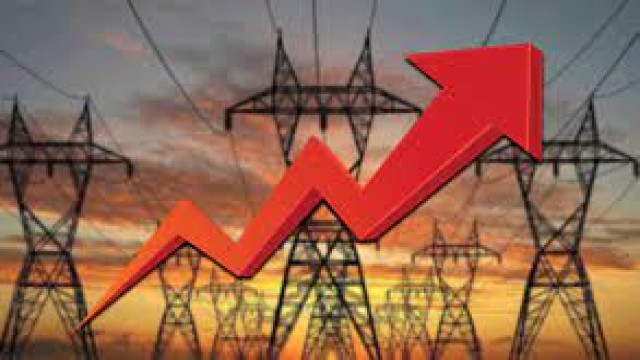
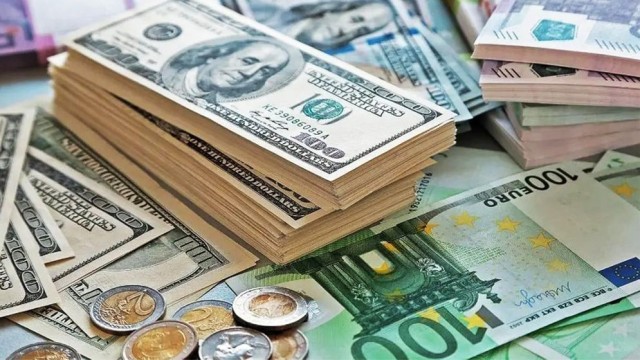
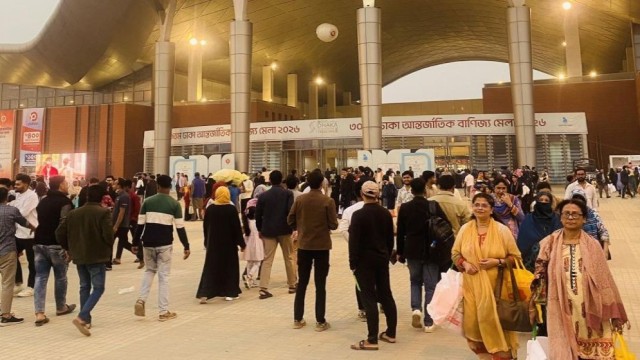

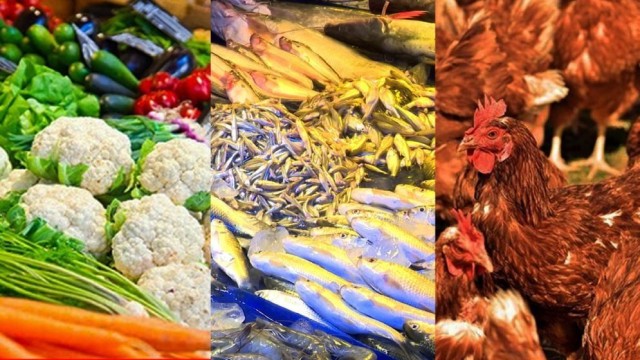
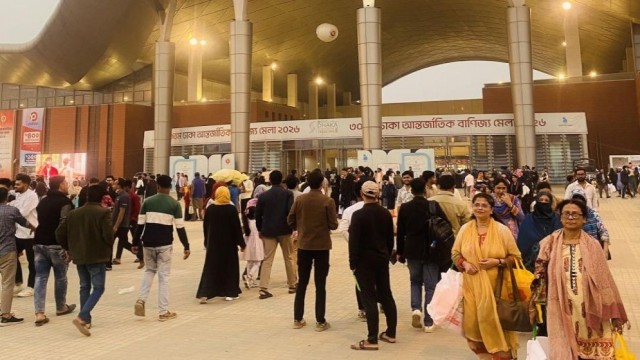




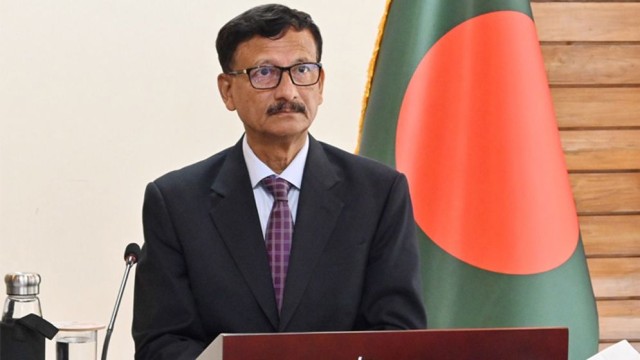
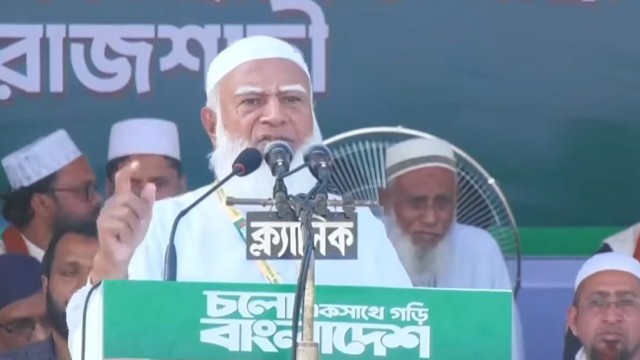
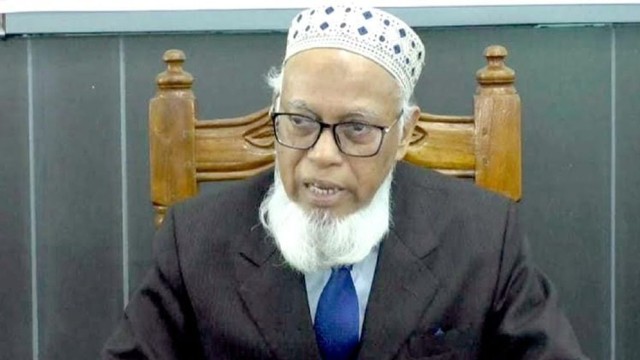
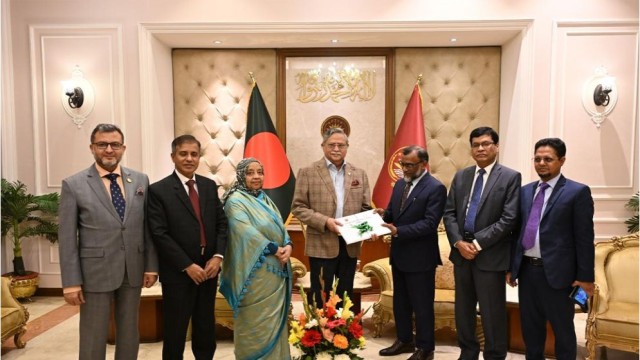

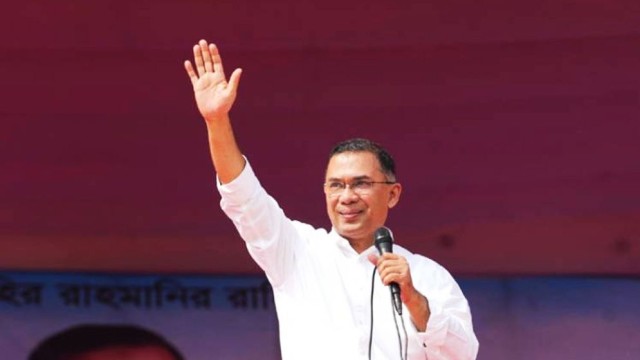
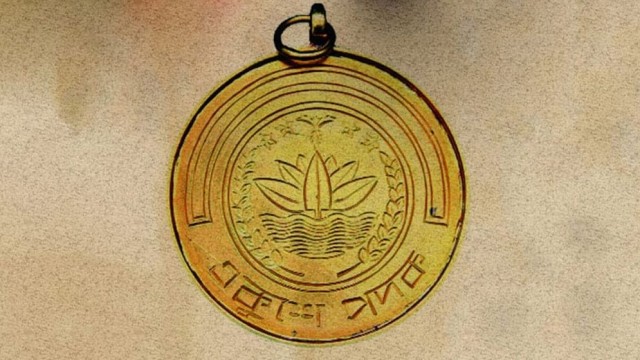










Comment: